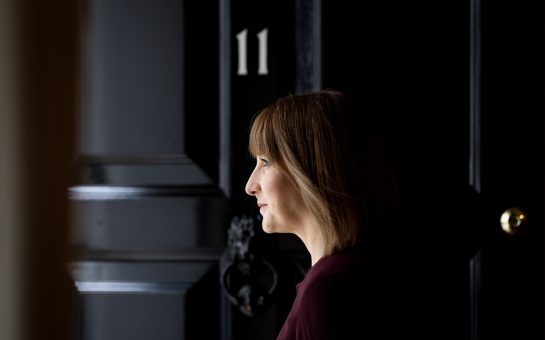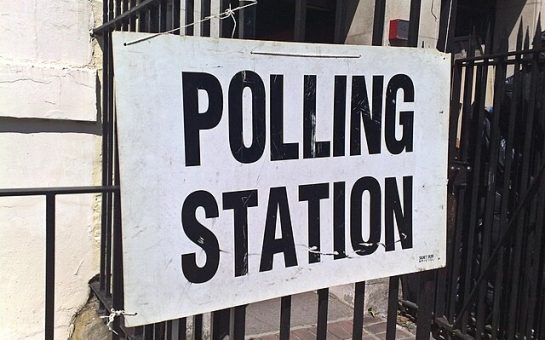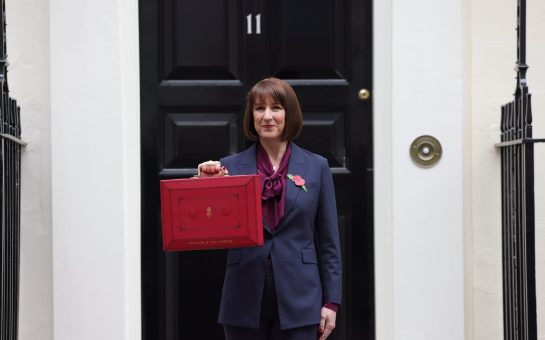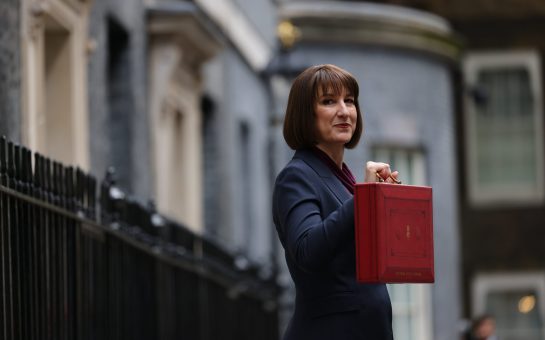Breastfeeding is allowed in meetings by Manchester City Council in a bid to be more accommodating to female councillors.
Mum and councillor Kate Chappell revealed to MM that when she was a new mum she was encouraged to bring along her baby to council meetings and she was even welcome to breast feed.
Statistics from British charity The Fawcett Society showed that only 32% of the UK’s councillors are female and Councillor Chappell admitted that raising her children coupled with a career in politics can be a strenuous combination.
However the Labour councillor for Rusholme believes Manchester City Council, who currently have 34 female councillors, are something of an exception to the rule.
“In Manchester I think we make allowances for women councillors if they have families and I think that’s one of the reasons why Manchester has more women compared to other councils,” she told MM.
“As a mother, I’ve been really encouraged and really surprised by how supportive everyone’s been across Manchester.”
“I have had a baby, had maternity leave, taken time off and even been breast-feeding in meetings and everyone has just been so happy to see little babies in meetings.
“I think people may see councils as environments typically dominated by older males, but this is certainly not the case is in Manchester where there is some good representation.”
On a national scale the numbers do not surprise Councillor Chappell, who believes the antiquated format of UK politics as well as long working hours do nothing to inspire future female politicians, especially if they already have children.
“What people see of national politics in the House of Commons and on Prime Minister’s Questions with one politician often being shouted at does not give them the best impression,” she said.
“It is a very combative style on a national level and it does put people off.
“Council meetings often take place in the early evening so that means you are often out until late four nights a week.
“I have got a two year old child so it can be very difficult. So I can see why lots of women wouldn’t want to do that.”
Councillor Chappell is not the only one who believes the government’s approach does very little to encourage women into politics.
Member of European Parliament for South East England, Green Councillor Sarah Finch also disapproves of the government’s methods.
“The old-fashioned approach to democracy doesn’t seem like a very constructive or positive way of getting things done and I don’t think it appeals to many women or indeed to young people,” she told MM.
Councillor Finch believes the local governments ‘do not have much power’ under the executive model that many councils adopt and this is another factor which may dishearten a prospective female politician out to make a difference.
She believes a change to the structure of local councils could help bring more female representation but such a modification is not something she is expecting any time soon.
“A return to the old fashioned committee model where decisions are made at committee level rather than by the council cabinet would help,” Councillor Finch added.
“But I don’t think the current set up is something that will change anytime soon.”
Councillor Chappell on the other hand believes it is a change to the system of voting rather than to the system of councils that is required to redress the balance of male and female councillors.
“One thing that would make a really, really big difference and has been introduced in Manchester is holding selection processes for councillors where it is an all-women shortlist,” Councillor Chappell added.
“It is the only way to change things in the short-term.
“I think that is one of the things already really good for women who are interested in becoming councillors.”
Image courtesy of Manchester Climate Monthly via YouTube, with thanks.



